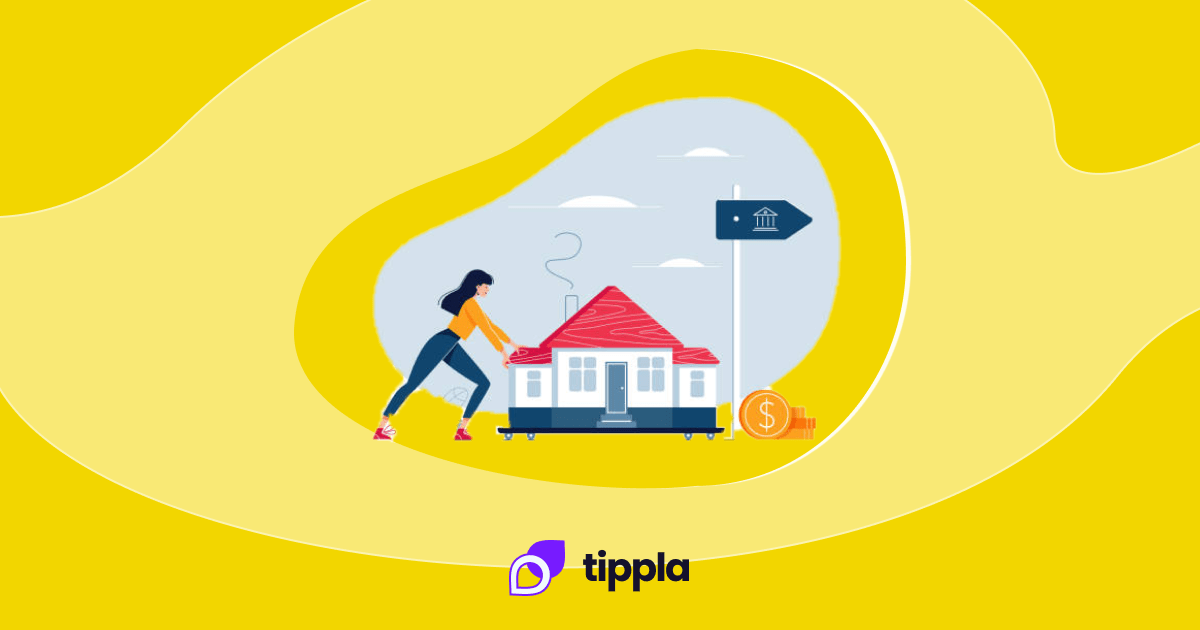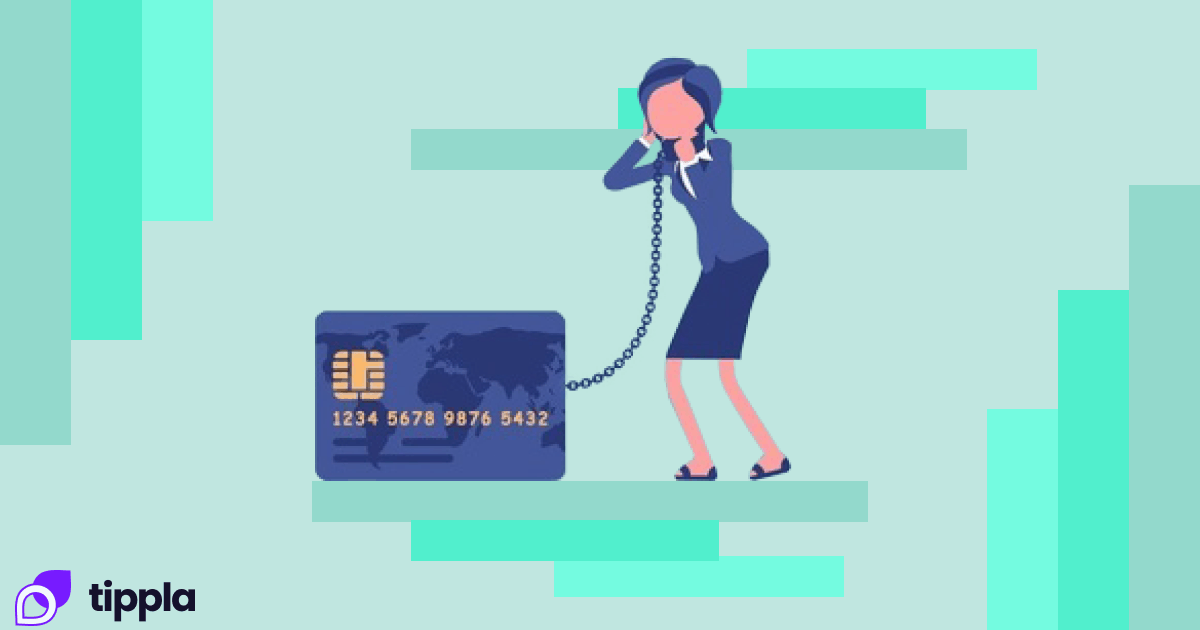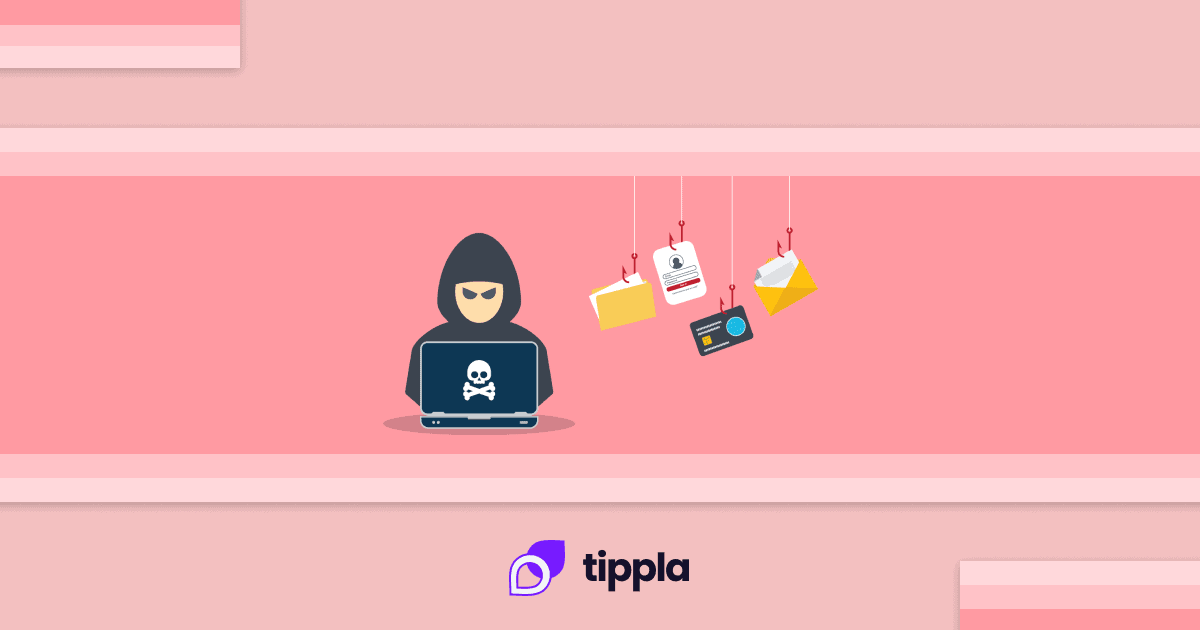Published in July 28, 2021
What is a certified cheque?

Certified cheques are aimed for large payments, security deposits, or down payments. By validating a certified cheque, your bank assures the payee you have sufficient funds to cover the cheque.
A certified cheque is essentially a personal cheque validated by your bank to prove you have enough funds to cover the amount on the cheque. Afterwards, the bank will freeze the funds in your account for it to still be there when the recipient cashes or deposits the cheque.
Classified as an official cheque, the bank guarantees a payment worth the amount is written on the cheque. They are mostly useful for large payments where cash usually isn’t the best option. Additionally, if you are the recipient of the cheque, they tend to be useful as they guarantee the payment will go through.
You can only get certified cheques from banks or credit unions. Therefore, if you don’t have a bank account you’ll have a difficult time acquiring one. Find out if your bank is open today.
When to use certified cheques
Certified cheques are most commonly used for large payments such as mortgages or security deposits. Some payments may be too big for cash, therefore that’s when certified cheques come in handy. Additionally, if you plan on transferring a large amount from one bank to another, financial institutions may require cheques.
Try out Moneysmart’s mortgage calculator to determine your repayments.
On the contrary, if you’re expecting a payment and you don’t know the cheque writer, certified cheques are your best option. Accepting personal cheques can be risky as some people might not have sufficient funds. Therefore, certified cheques are a guaranteed payment method.
How to get a certified cheque
Due to certified cheques being personal cheques, you will need to have your own. That means you will need to have a checking account with your bank.
After writing a cheque, you will need to take it into your bank’s branch or local credit union. It’s a rather simple process that requires you to provide some necessary information, and then your bank’s employee will process the cheque.
Getting a certified cheque requires:
-
- – Payment for the cheque
- – Payee’s name and other information
- – Official identification: License or passport
- – An account with the amount written on the cheque
The cost of a certified cheque
Regardless of how much you plan on writing a cheque for, they cost $10. You can simply contact your local bank for more information or to purchase cheques. The best way to pay for the fee is either to pay it from your bank account or in cash to your local brick-and-mortar location.
Alternatives to certified cheques
Although certified cheques are useful for some specific type of payments such as large ones, they’re not suited for everyone. Therefore, you should consider other alternatives to certified cheques.
Regular Bank Cheque
Although cheques are hardly used nowadays, you might still receive cheques from certain payments such as rebates or salaries. Bank cheques are simple to use whether it’s for depositing or withdrawing/ transferring money. However, digital transferring tends to be quicker and simpler.
Money Order/ Cashier’s Cheque
A money order is similar to a cashier cheque, as in it can only be redeemed by the person the cheque was made to. That makes this form of payment safe. You may get money orders from any Australian Post office for under $5.
Digital Payments
The most common, simple, and quick way of transferring money is digital. Whether it’s through your bank’s app/ website or a third party company (Paypal), payments can be received in under 24 hours. Contact your bank to understand the process of activating your internet banking.
Avoiding fraud
Considering certified cheques are the more secure type of payment, you may still face a scam. There are a few ways to identify scams or counterfeit ones.
When dealing with large payments, contact the bank that certified the cheque to ensure it’s real. Additionally, if you believe you received a counterfeit cheque, contact your bank immediately. Banks will have a certain process to verify cheques, therefore, don’t spend any of the amounts until the cheque’s been cleared.
A common scam is when a payer gives you a cheque with a larger amount than what’s been negotiated. They will ask you to return the excess amount, and by the time you realise the cheque is counterfeit, the payment to the scammer would already be processed.
While we at Tippla will always do our best to provide you with the information you need to financially thrive, it’s important to note that we’re not debt counsellors, nor do we provide financial advice. Be sure to speak to your financial services professional before making any decisions.
Related articles

What is forbearance and is it right for me?
28/07/2021
Forbearance is a type of loan assistance that aids...

What Credit Score Do I Need for a Home Loan?
28/07/2021
Your credit score is an important number when it...


How to Report Credit Card Fraud: Protect Yourself and Your Credit Score
26/07/2021
Fraudsters are adopting more sophisticated methods to steal your...
Subscribe to our newsletter
Stay up to date with Tippla's financial blog